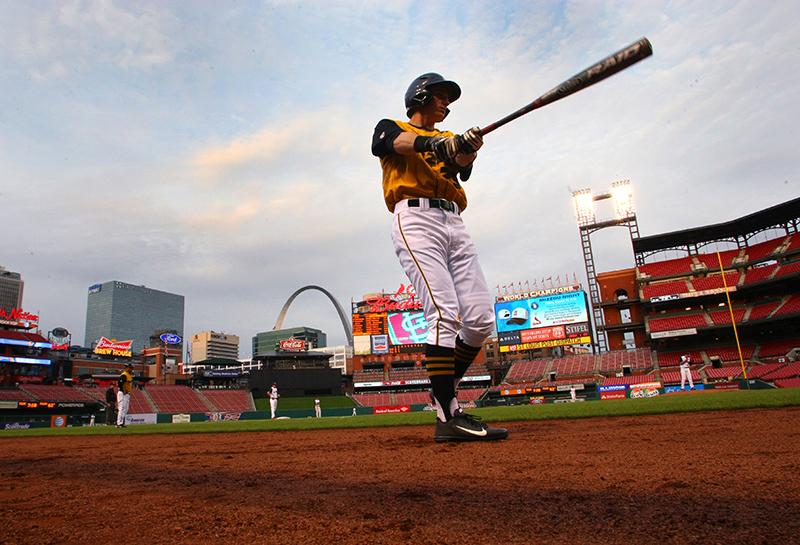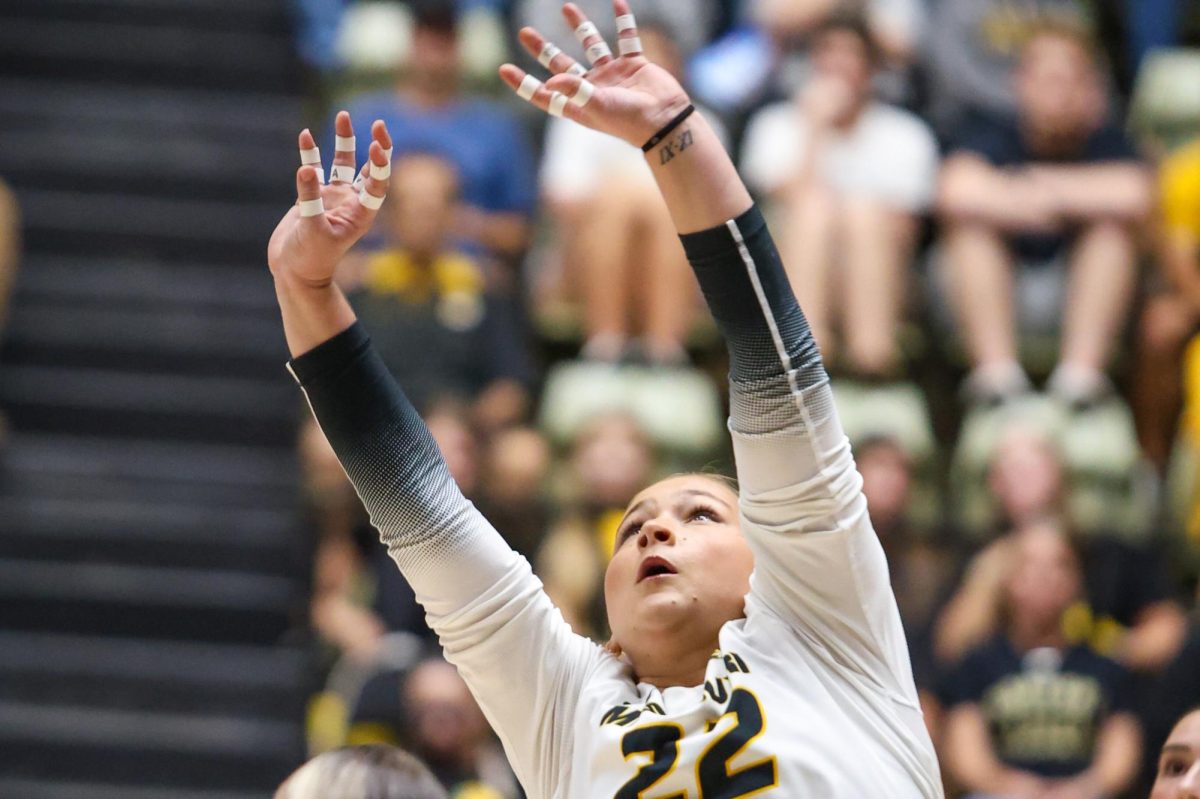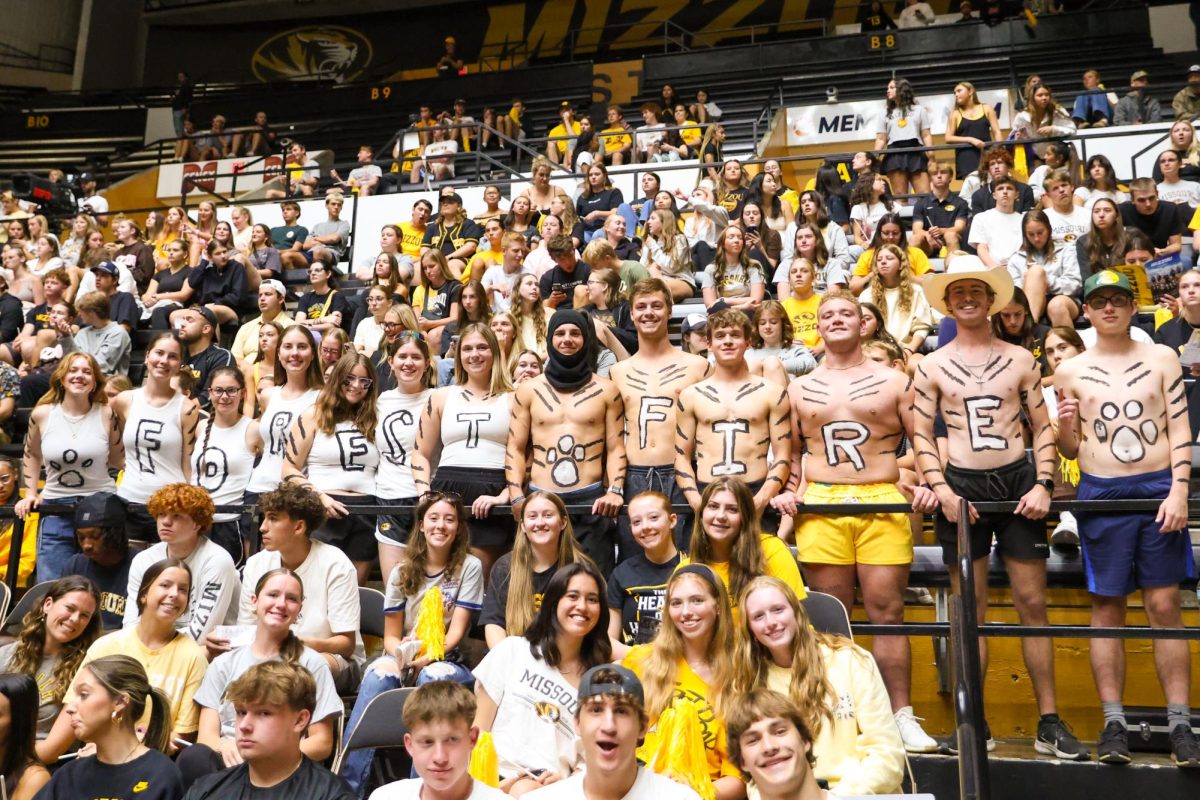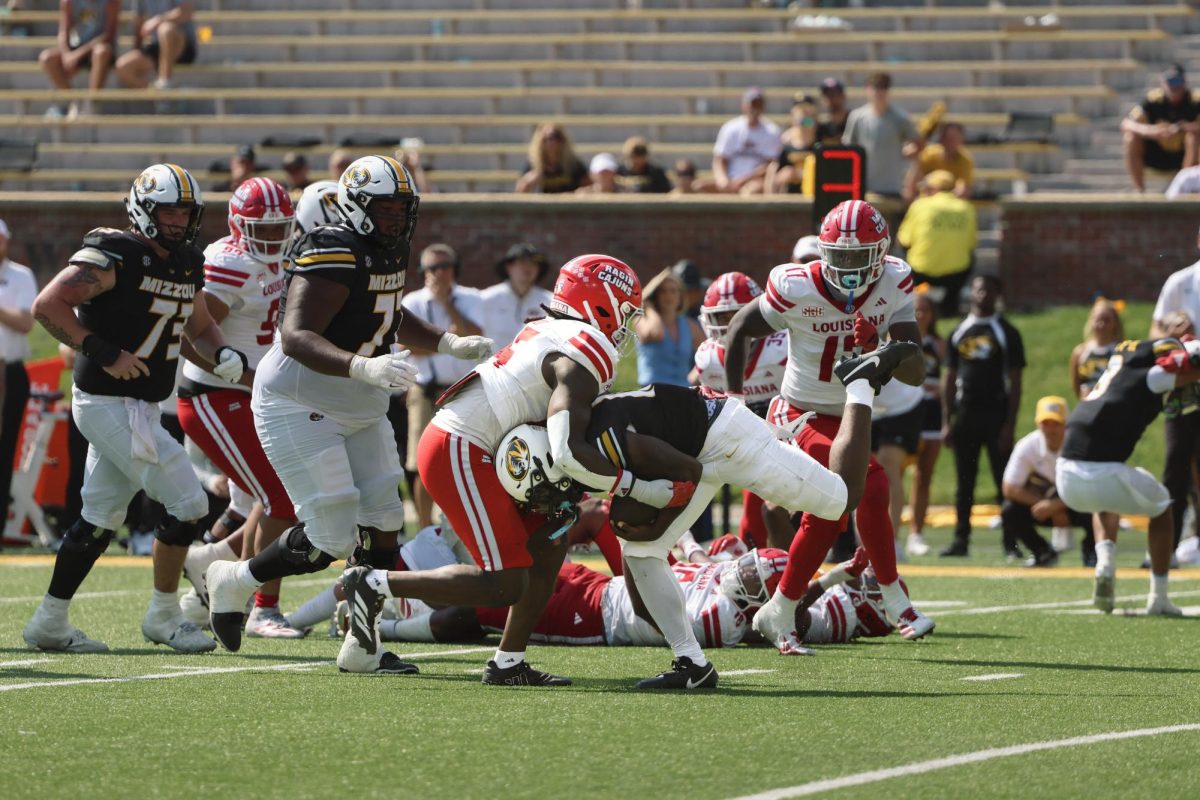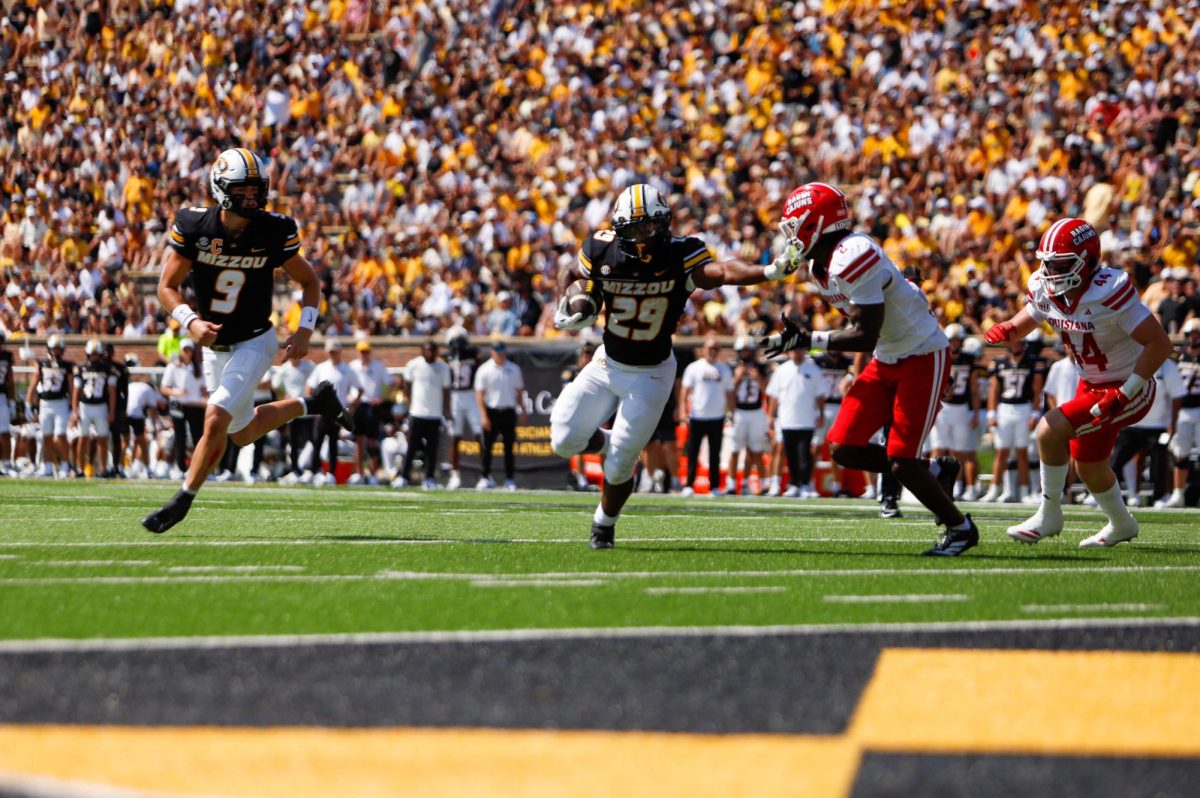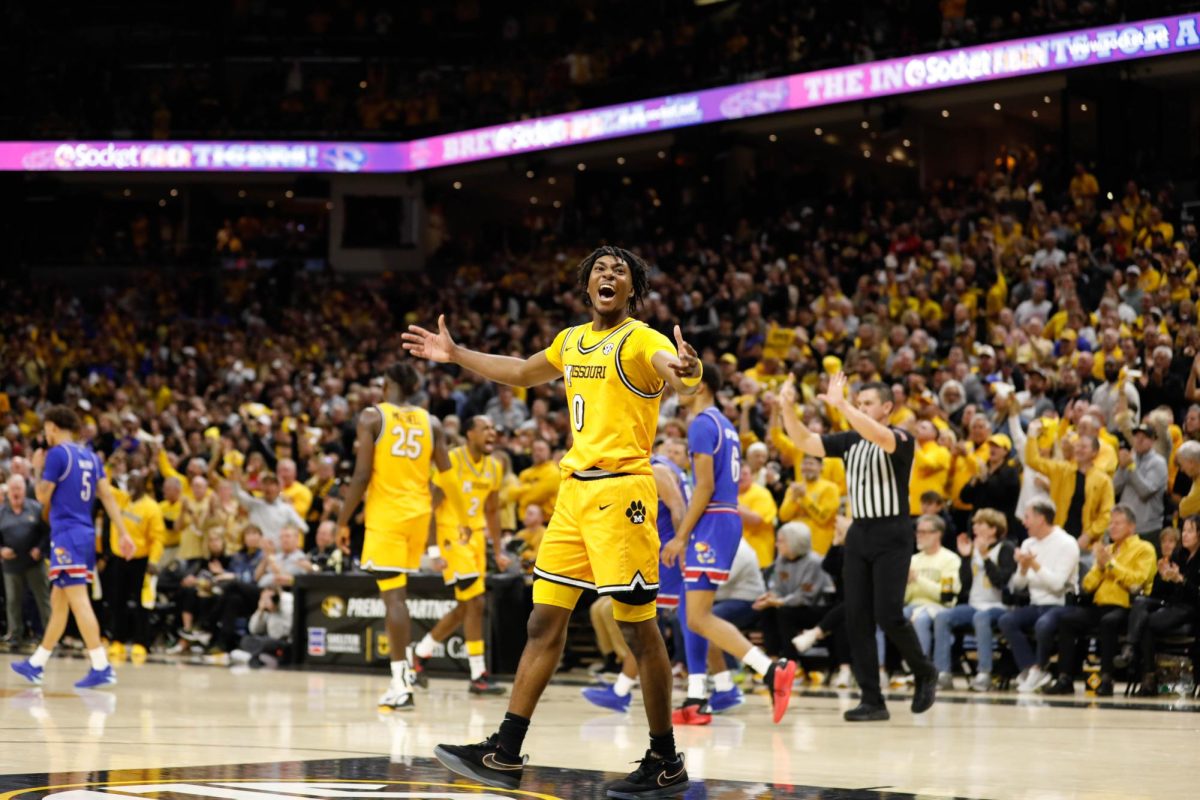If the conditions at Taylor Stadium were unusually breezy this season, Missouri’s offense was at fault.
Tiger bats swung and missed to the point of practically generating a weather front with their whiffs.
When they did make contact, it was not authoritative, finishing at the bottom of the Southeastern Conference in nearly every offensive category — parallel to the team’s last-place record in the conference (6-24).
“We’re falling short,” Missouri coach Tim Jamieson said after a loss to Vanderbilt. “We’re playing competition that either … want it better than us or … are playing better than us.”
The team’s batting average, runs per game, slugging percentage, on-base percentage and total home runs were all down from the preceding season, which was the worst in 38 years for the program in terms of win total.
While Mizzou did have two more wins overall in 2014 than 2013 — 20 versus 18 — it won fewer games against SEC opponents in its second season in the conference — six against 10.
“It’s certainly a threshold we’ve crossed, but I’m not going to brag about it,” Jamieson said after the team notched its 19th win, against Illinois.
Missouri also was one of two teams not to qualify for the SEC Tournament. Last season they made the conference tournament.
Even the team’s pitching — the only piece that could generously be called a strength — was worse than last year. Earned run average was up while strikeouts were down.
Missouri did allow fewer base runners, though, walking a conference-low 2.39 batters per nine innings.
“That’s what our pitching staff is founded on, throwing strikes and throwing low in the zone,” junior Brett Graves said after a start against Georgia.
The Tigers also improved in hits allowed per nine, but still posted the worst mark in the conference — just another statistic pointing to their miserable season.
After a series victory on the road versus a ranked Kentucky team, the Tigers did not manage another victory in SEC play. They finished the season riding on a 15-game conference losing streak.
To Missouri’s credit, the conference did put 10 teams into the NCAA Baseball Tournament, as many as the Big 12 and Pac-12 combined.
“We’re trying to be like Vanderbilt,” outgoing senior catcher Dylan Kelly said after being swept by the Commodores. “We’re trying to be like all these other top-notch teams in the SEC.”
Missouri had the benefit of playing all three of the other conference teams who did not make the tournament, while avoiding ranked teams like Texas A&M and conference tournament champion Louisiana State.
Injuries troubled the team throughout the season. Players who were expected to make major contributions — sophomore second baseman Brett Peel, junior outfielder Logan Pearson, senior pitcher and designated hitter Eric Anderson and sophomore righty Griffin Goodrich — all went down at some point.
Anderson’s injury was especially damaging, as he was pitching like an ace at the time.
Youth was a theme for the season, though, and with freshman outfielder Jake Ring and infielder Ryan Howard showing signs of raw talent, optimism exists for the program going forward.
And with Jamieson returning for his 21st season at the helm, he’ll be looking forward.
“Your frustration only gets you so far,” he said after a 13-inning loss to Georgia. “You got to find a way to make it better.”


